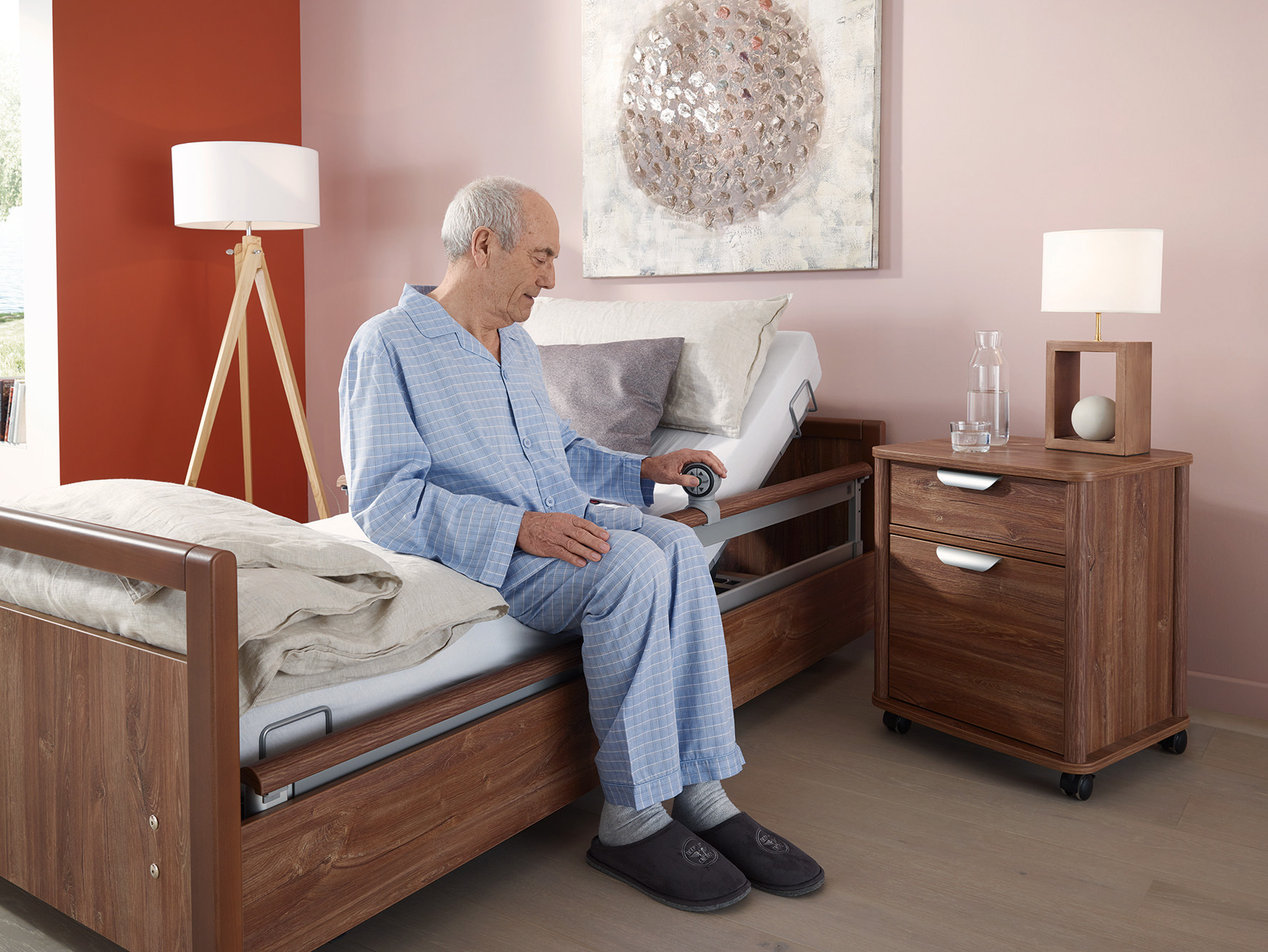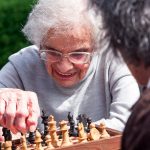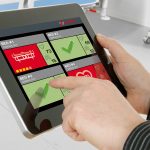Outstanding role of care in regaining mobility
No matter how good a bed may be, the „A“ and „O“ in geriatrics is the mobilization of patients to regain their mobility. While it used to be thought that bed rest alone was already leading to recovery, it is now known that this is not the case.
On the contrary, any activity that we remove from the patient unnecessarily, albeit in a well-intentioned manner, leaves them behind. The chance to slowly become a little more mobile, is lost. Thus, it may seem cruel to one or the other of the relatives if nurses take patients by the morning laundry, e.g. when combing and brushing your teeth, or when putting on the shoes do not help immediately. But activating care in nursing everyday life means that a patient should do everything that he can do himself, since regaining self-employment is only possible with such a consistent approach. The nursing staff, which usually also has the most patient contacts, thus holds the key in the hand, when it comes to independence and increase the quality of life of patients.
So appealed Rainer Neubart, Wolgast, in a special issue * of the German journal „Heilberufe“ to readers to take the mobilization of patients seriously. He emphasizes that immobility usually causes further problems, including muscle loss, osteoporosis or bedsores. Especially in geriatric patients, the loss of muscle is so blatant that a day’s bed rest can only be made up for with three days of training. Therefore, contemporary concepts are also based on the early mobilization of the very old-age patients. Thus, the multi-faceted mobilization includes storage techniques, positioning from lying to sitting (and vice versa), transfer from bed to commode chair / toilet / wheelchair, and walking assistance. In addition, communicative skills and empathy are needed. All of this requires enormous knowledge and a high level of competence of the nursing staff.
Because whether sick or not, who likes to be torn around without any verbal announcement. Thus, all activities on the patient should be slow and fluent, if only because of possible orthostatic problems and vertigo attacks. In addition, weakened patients are usually also afraid to fall. Stroke patients, for example, whose body sensation is usually disturbed anyway, often develop a so-called „pusher syndrome“. The more competent, self-confident and friendly the nursing staff is, the more trust grows. This can then improve a disturbed body feeling again.


